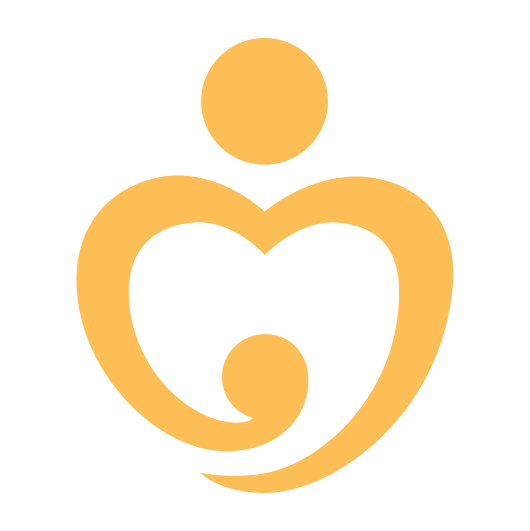OHW on the ground
By Naresh Newar in Kathmandu, Nepal
OHW Delivers Emergency Supplies to COVID-19 hotspot districts
OHW team has helped to deliver most of the emergency supplies in both the capital city and rural districts to provide COVID-19 care hospitals. These emergency supplies were made possible by DAK Foundation and Direct Relief through OHW. Our team has been swiftly delivering these supplies ensuring that the hospitals are able to provide care to COVID-19 patients on time.
Ensuring Consistent Services to Pregnant Women and Babies
OHW team has remained active to support local government health posts to ensure that there is no obstacle to providing MNH care in all rural health posts. Our clinical team continues to provide assistance to the birthing centers providing guidance via virtual communications. Despite the challenges due to the COVID-19 situation, OHW field team on the ground continues to find solutions to regularly communicate with frontline MNH service providers, to ensure all pregnant women, mothers and their babies continue to get quality services.
New Challenges for COVID-19: The Monsoon Disaster
Our teams have been working closely with district health offices in the rural wards to help with emergency preparedness. These include mobilizing ambulances, airlifting, health management, isolation kits, essential drug supplies, and Misoprostol supply. The flood disaster in Sindhupalchok district could pose a huge challenge for COVID-19 management especially in the delivery of emergency supplies for which our team is doing everything possible to provide active support.
Helping to Implement the Government’s Updated COVID-19 Related Interim Guidelines for MNH Healthcare
OHW team has been helping to share the updated guidelines on RMNCH to help rural health teams to guide them on what steps, measures, and action to take to provide maternity and neonatal health care services in a crisis situation such as COVID-19. The sharing was done through virtual communications via Zoom and there was active participation from most rural wards despite huge challenges to access internet connection. In all OHW program districts, there are huge challenges for both the OHW team and the government health post team to have meetings in person to monitor, counsel, and provide guidance for health post management.
Quality Improvement Process (QIP)
Our team in all has also been also regularly following up with birthing centers’ Quality Improvement Process (QIP). This tool guides the nursing staff on how to do self-assessment, which helps them to score the quality of their birthing center facilities and services. The nurses have been taking necessary steps and have their findings and shared photographs as evidence.
Zoom meeting under a tree, muddy roadside
In the Rupatar rural municipality of Udaypur district, the local health post team did everything to make their virtual communications with the OHW team successful. For them, it was very important to learn about the updated RMNCH interim guidelines.
For them, it was a challenge to find a place where the mobile network was strong to connect with 3G in most areas. The health staff from all health posts in the ward had to walk on foot searching for the best mobile network. They finally managed to gather under the tree where they could finally connect to a zoom meeting with the OHW team.
Mr. Ashim Thakur, Rupatar Health Post-In Charge, was so eager for the zoom meeting that he walked all the way for 40 minutes where other staff had gathered for the zoom meeting. But again, as the internet connection got disrupted, they moved to the urban municipality ward of Chahundhangandhi where the internet connection was much better.
Finally, after nearly four hours of attempts, the team managed to get access to the internet near the roadside, which was wet and muddy due to the rain. They eventually participated in the orientation with much success. Eventually, the communication went well and all staff from these birthing centers appreciated the effort by OHW for helping to update on RMNCH guidelines and providing technical advice.





